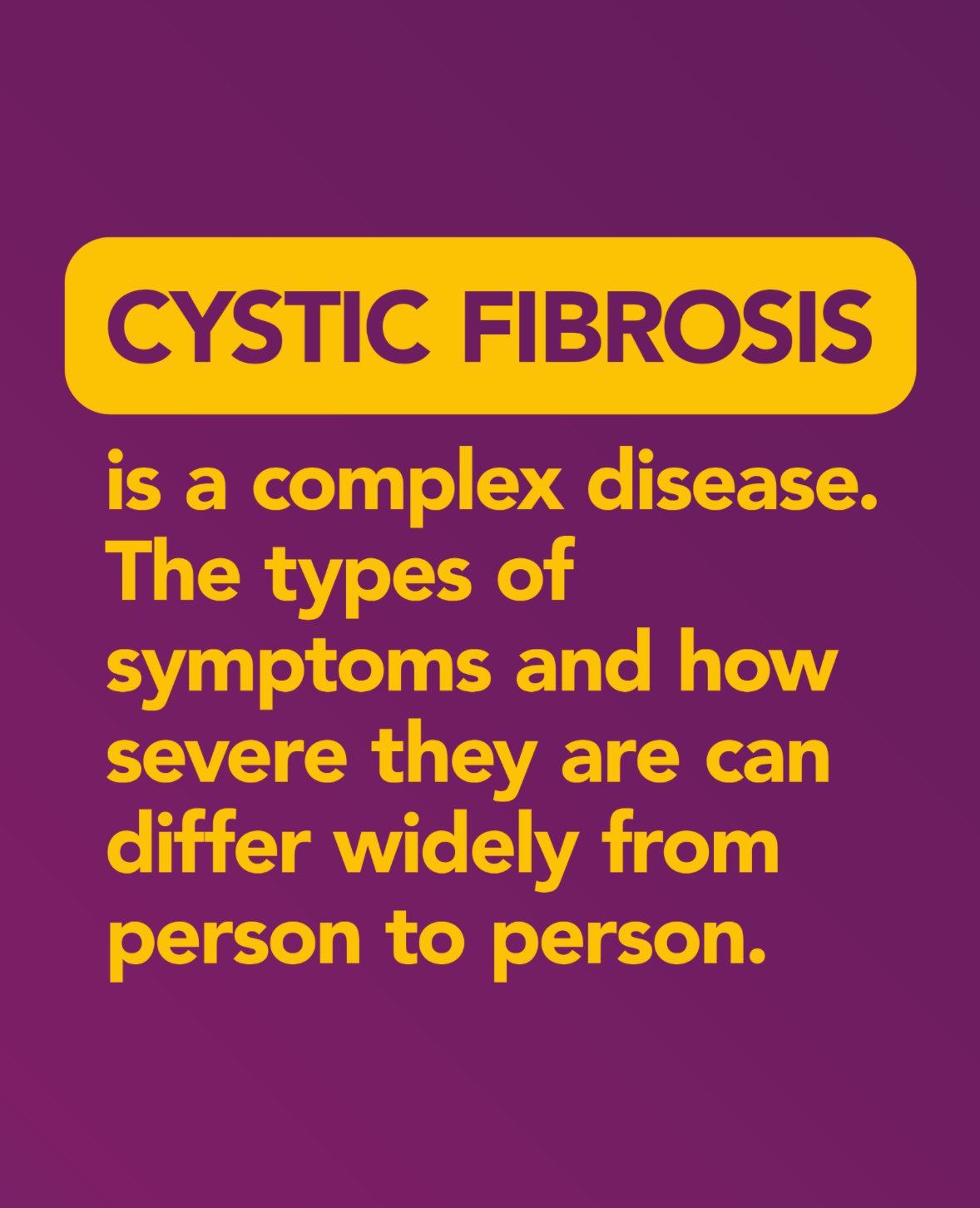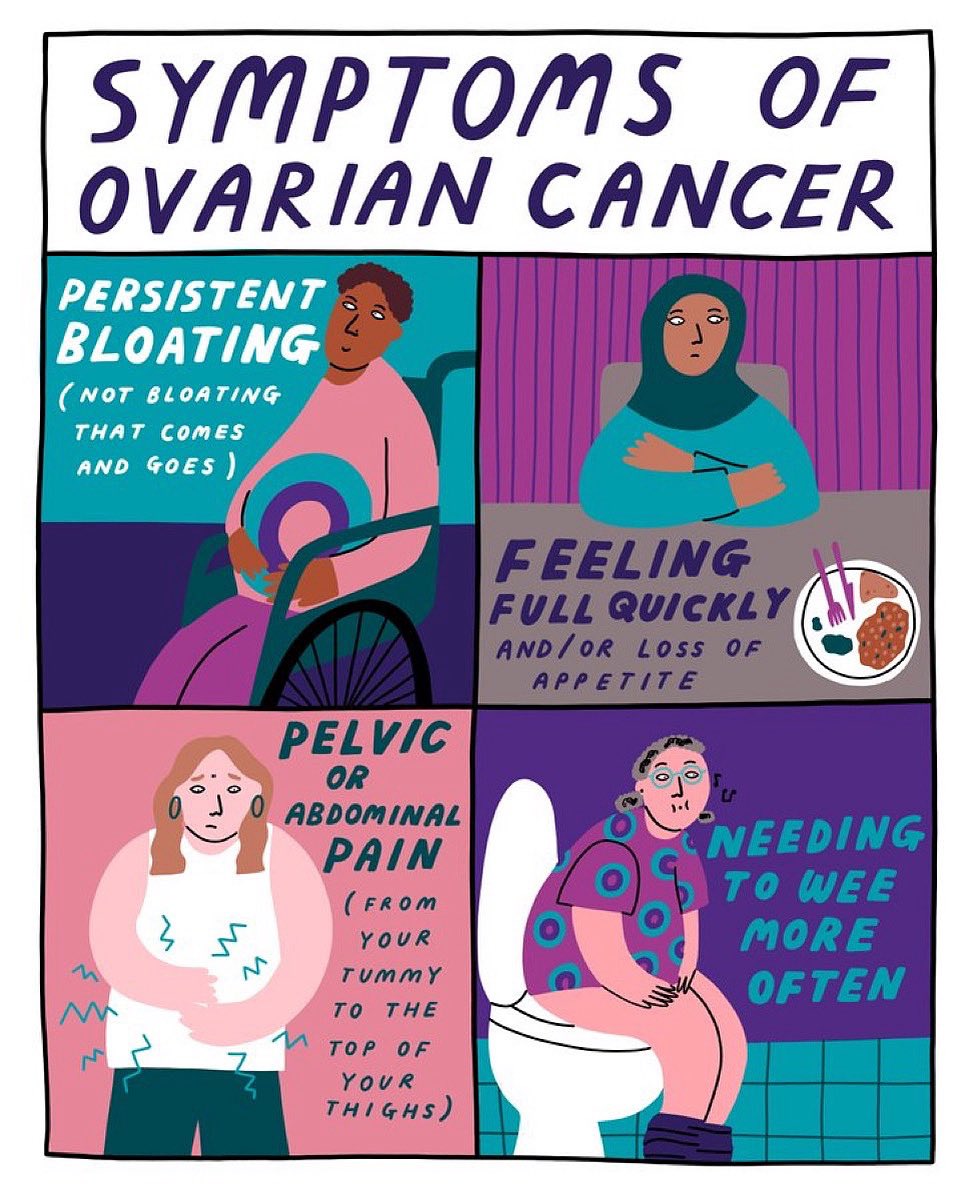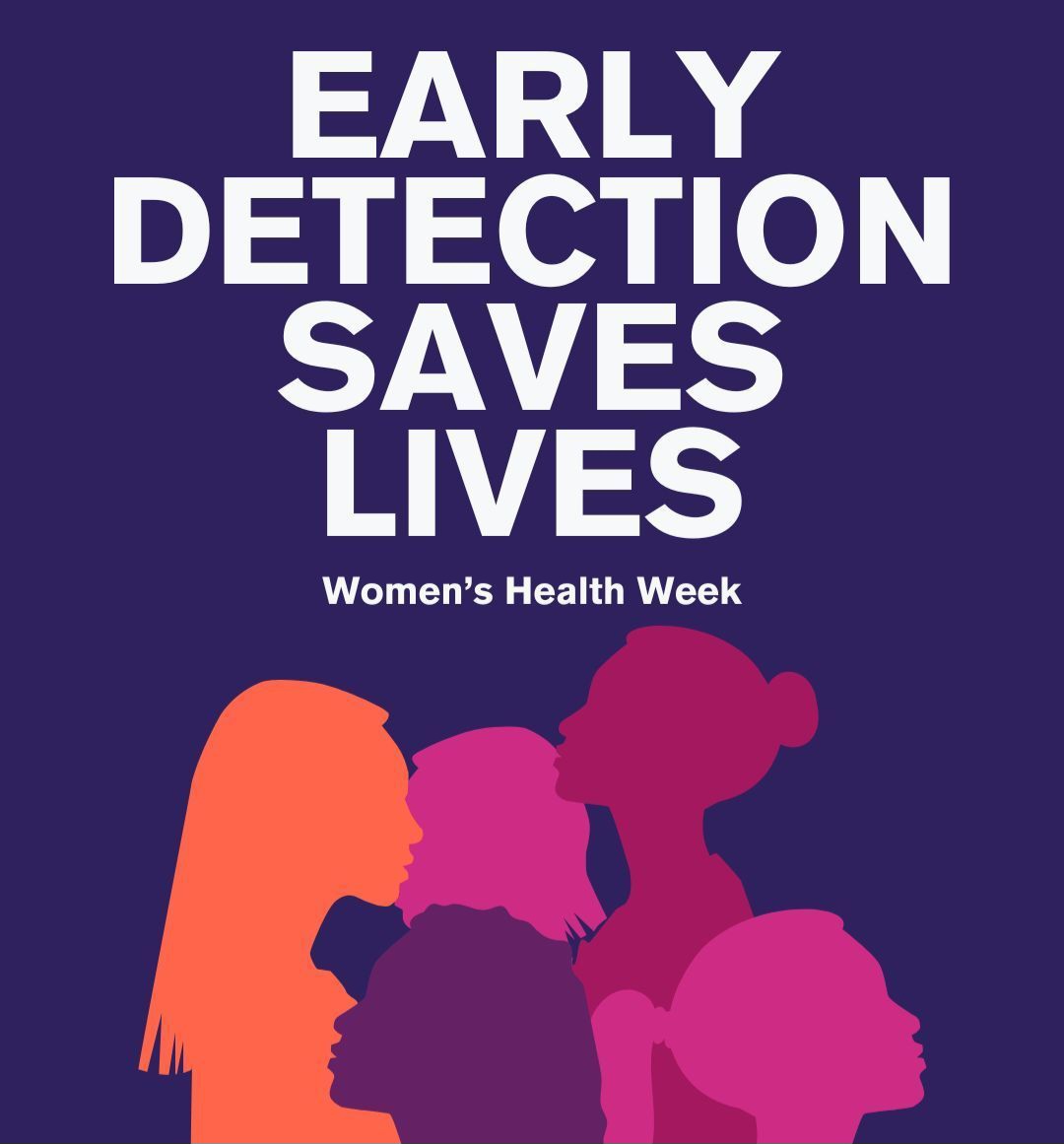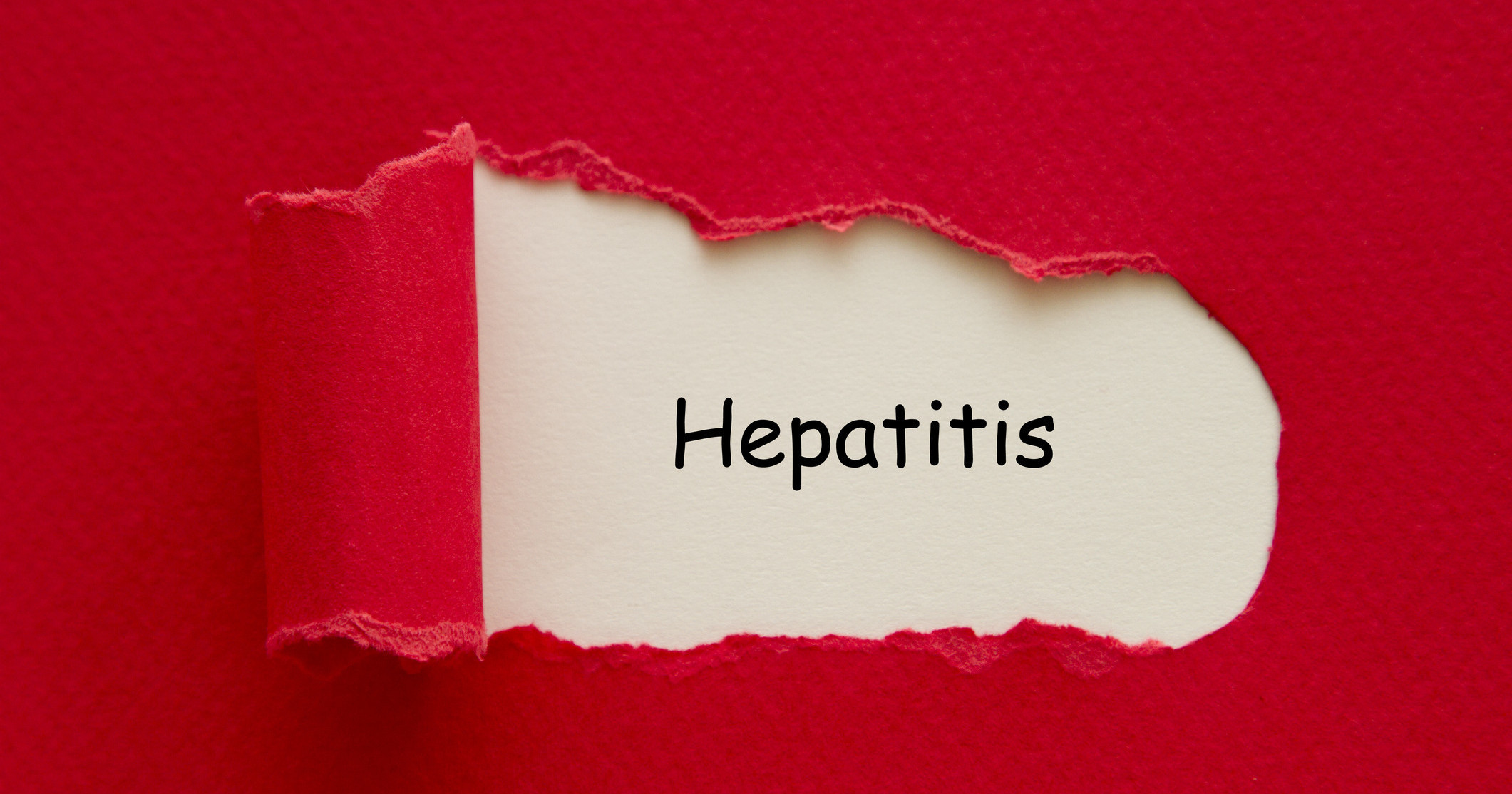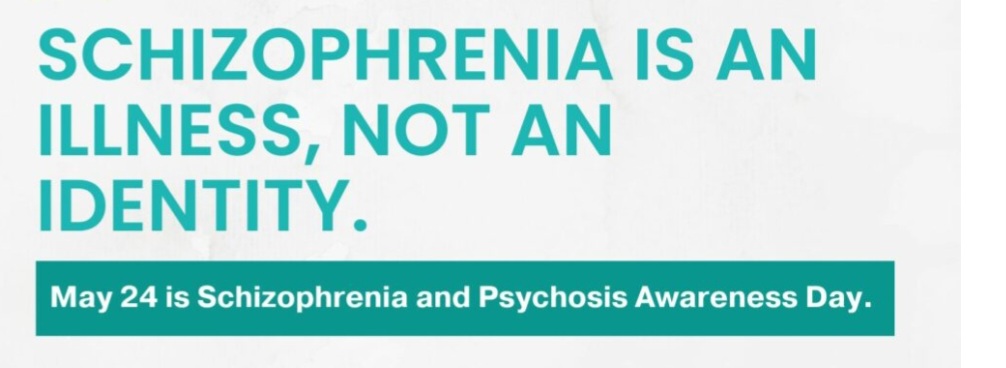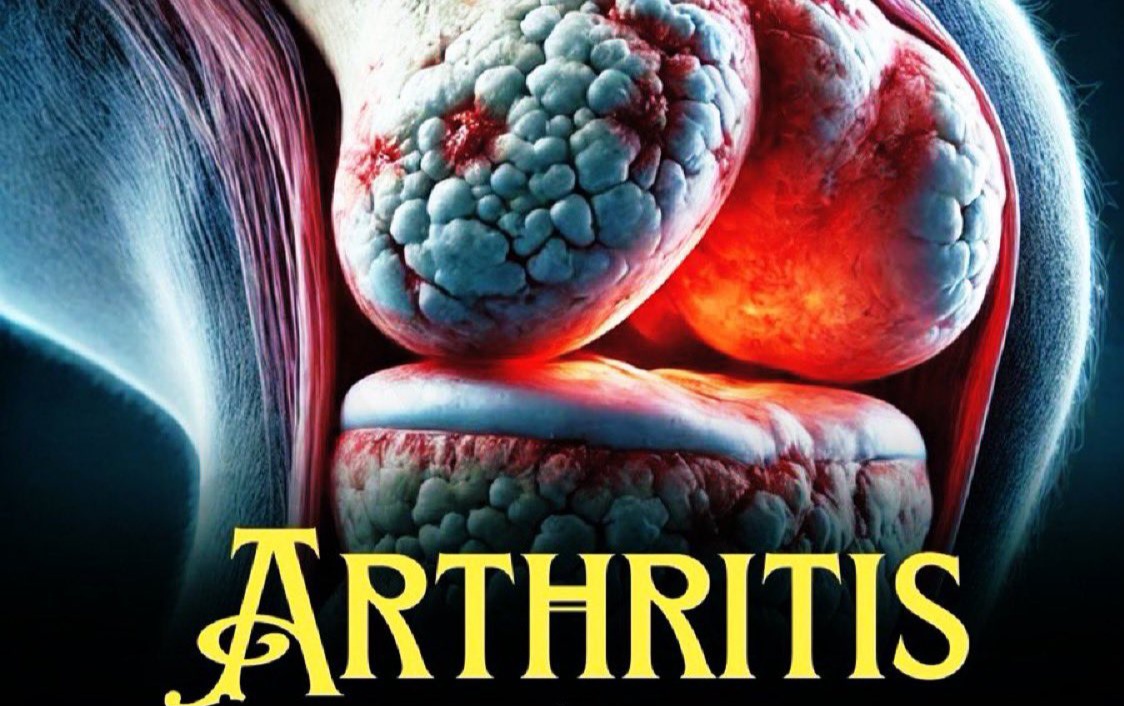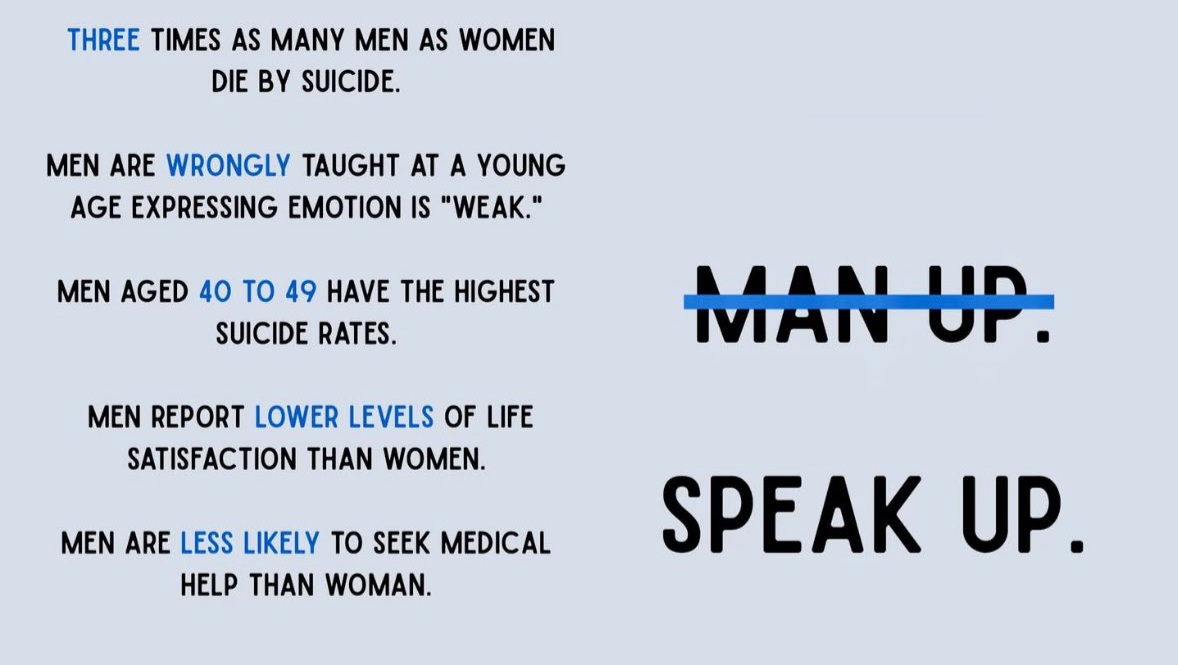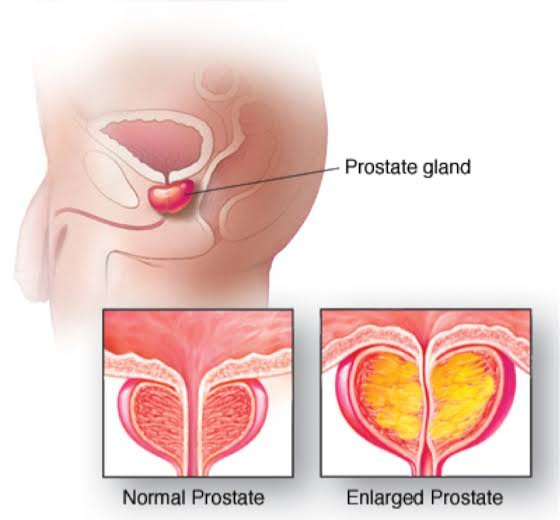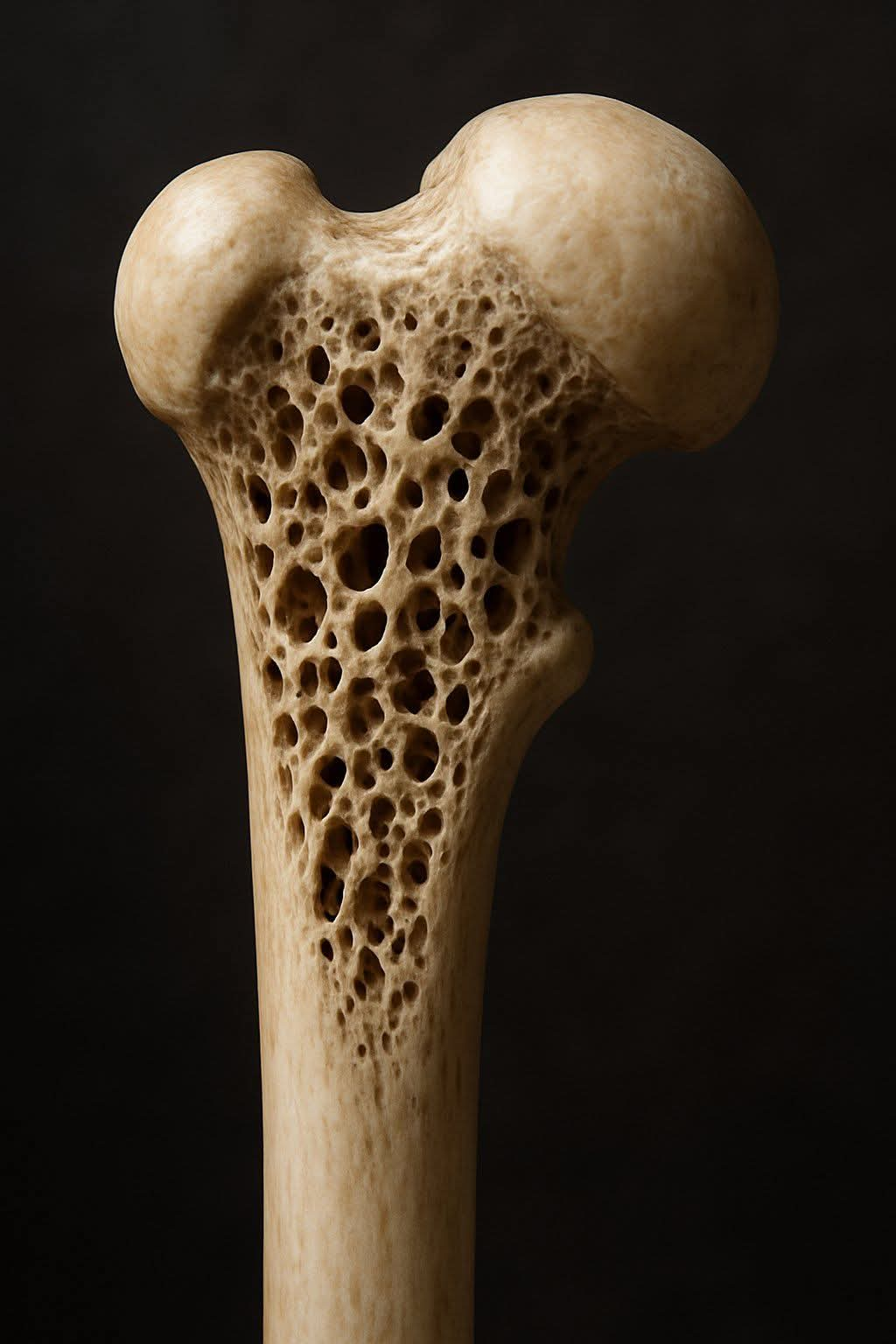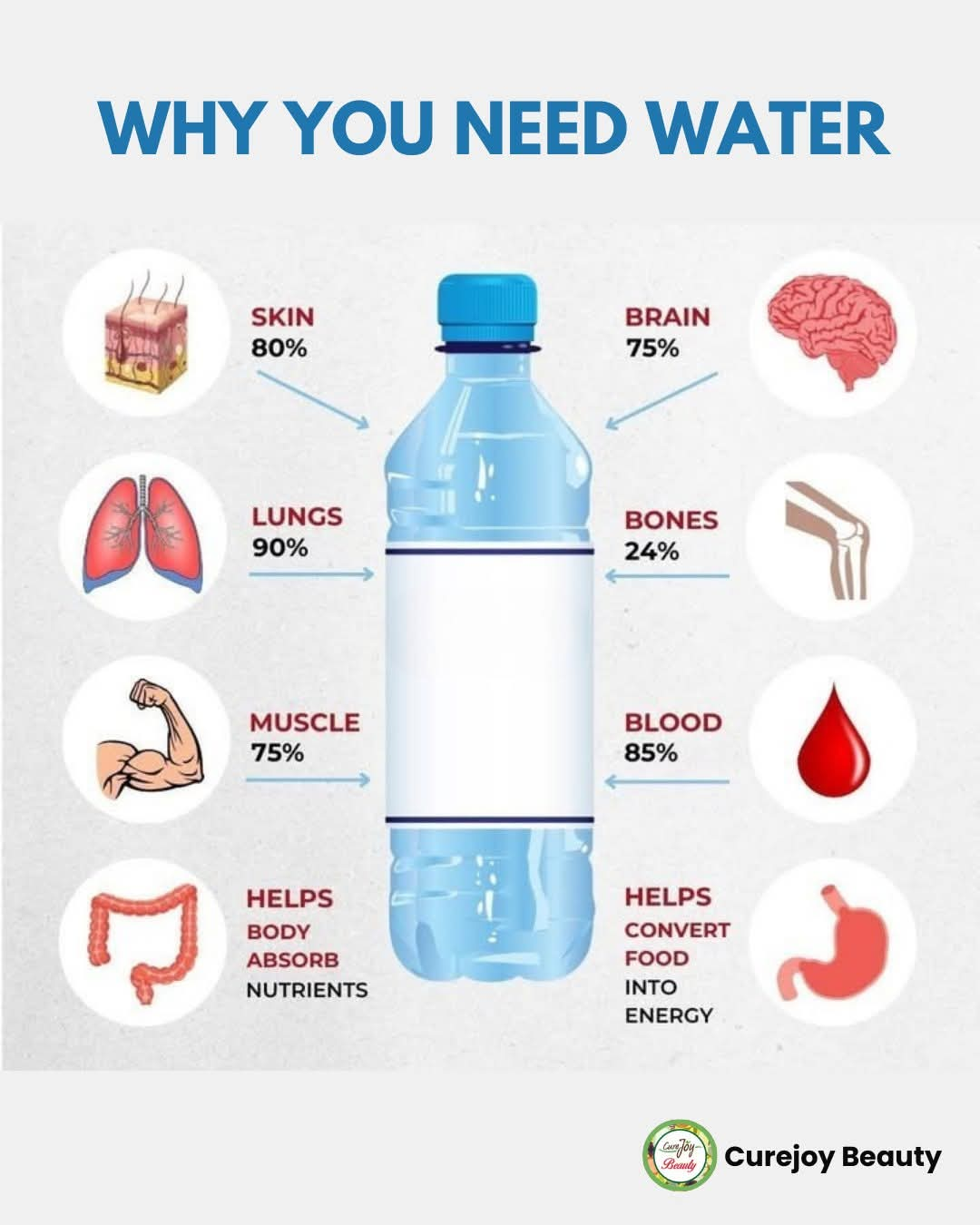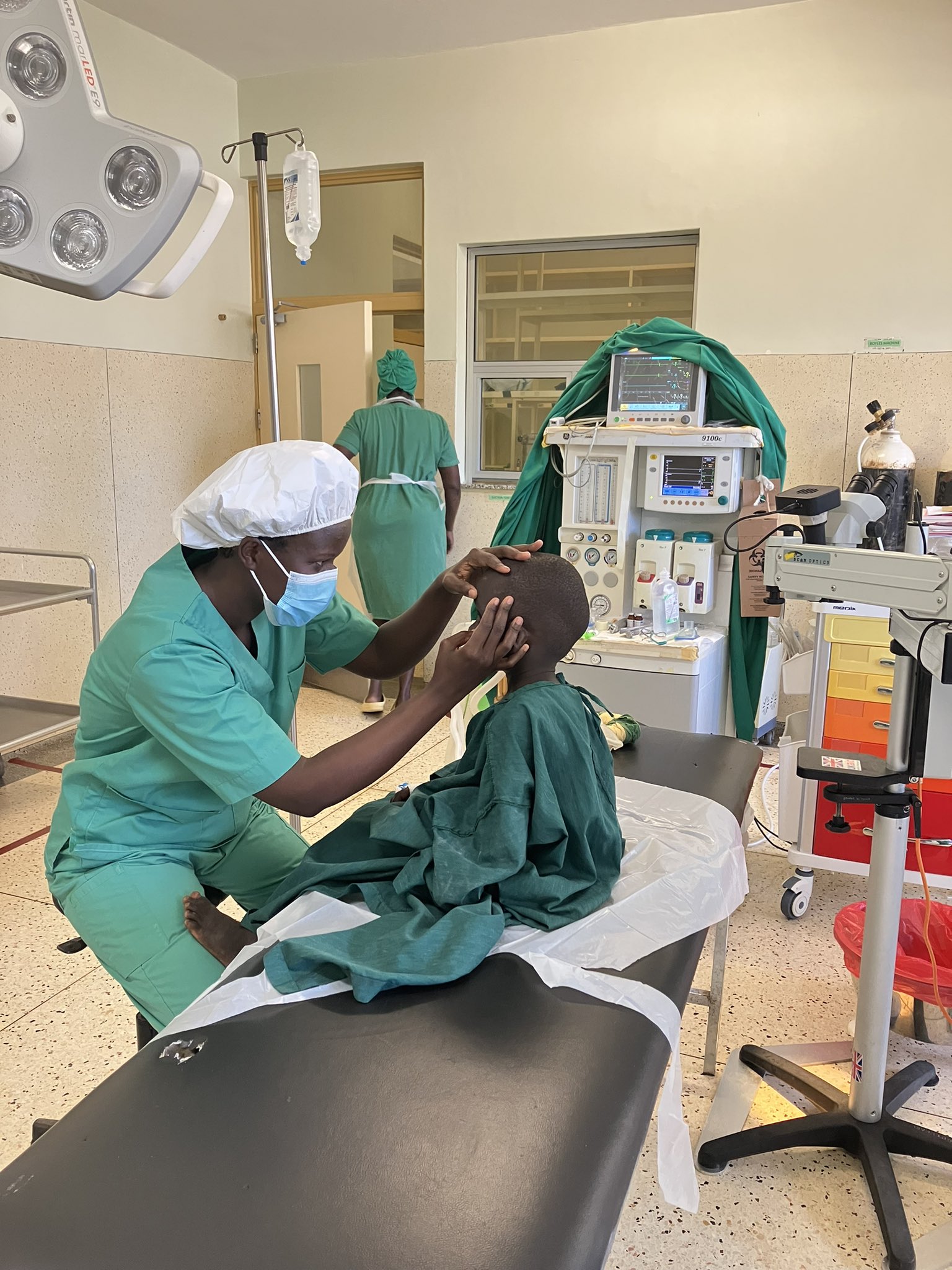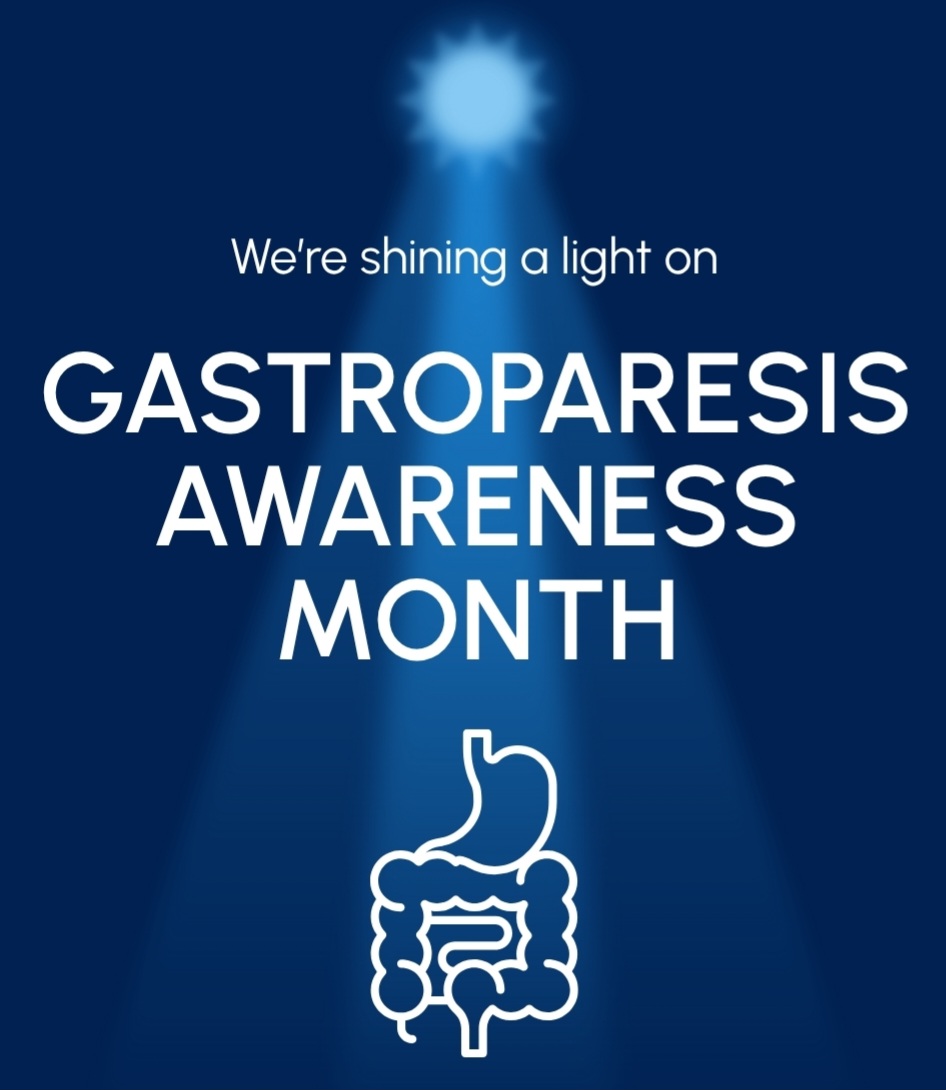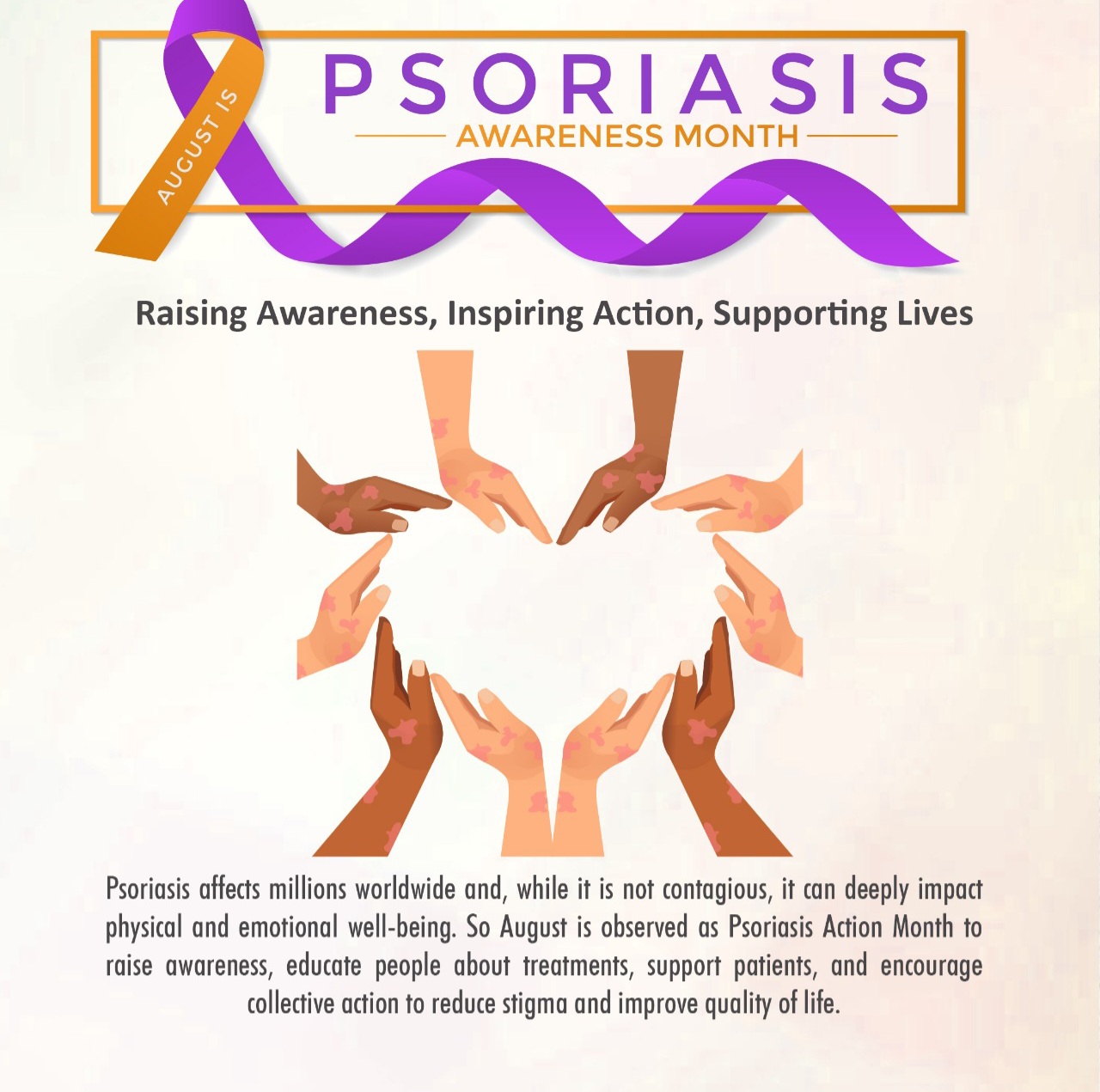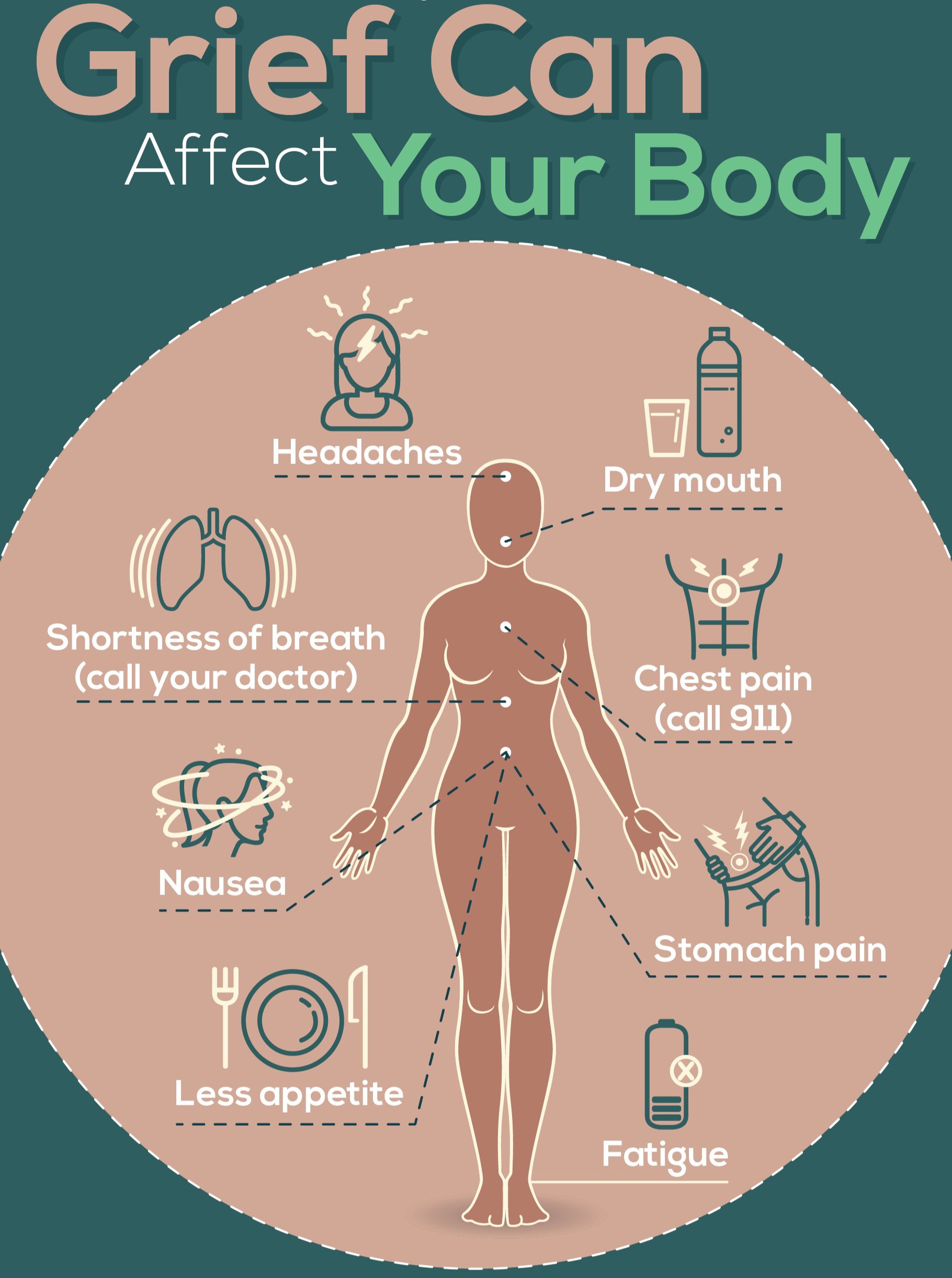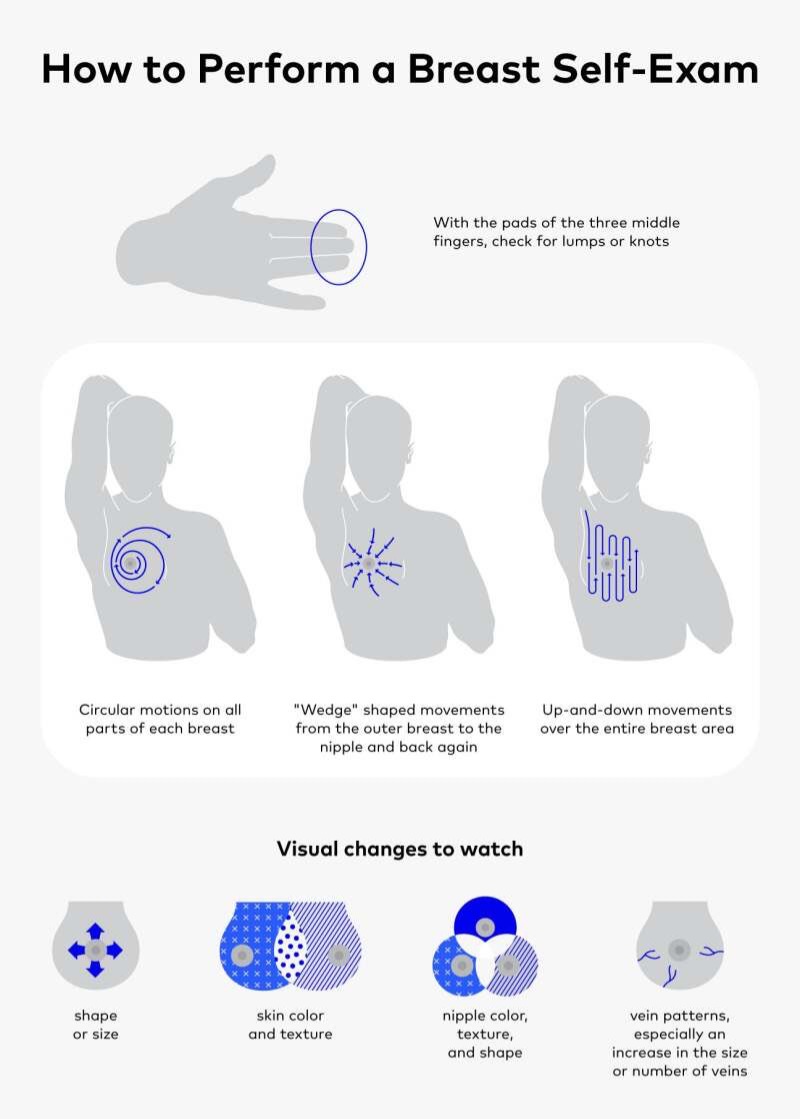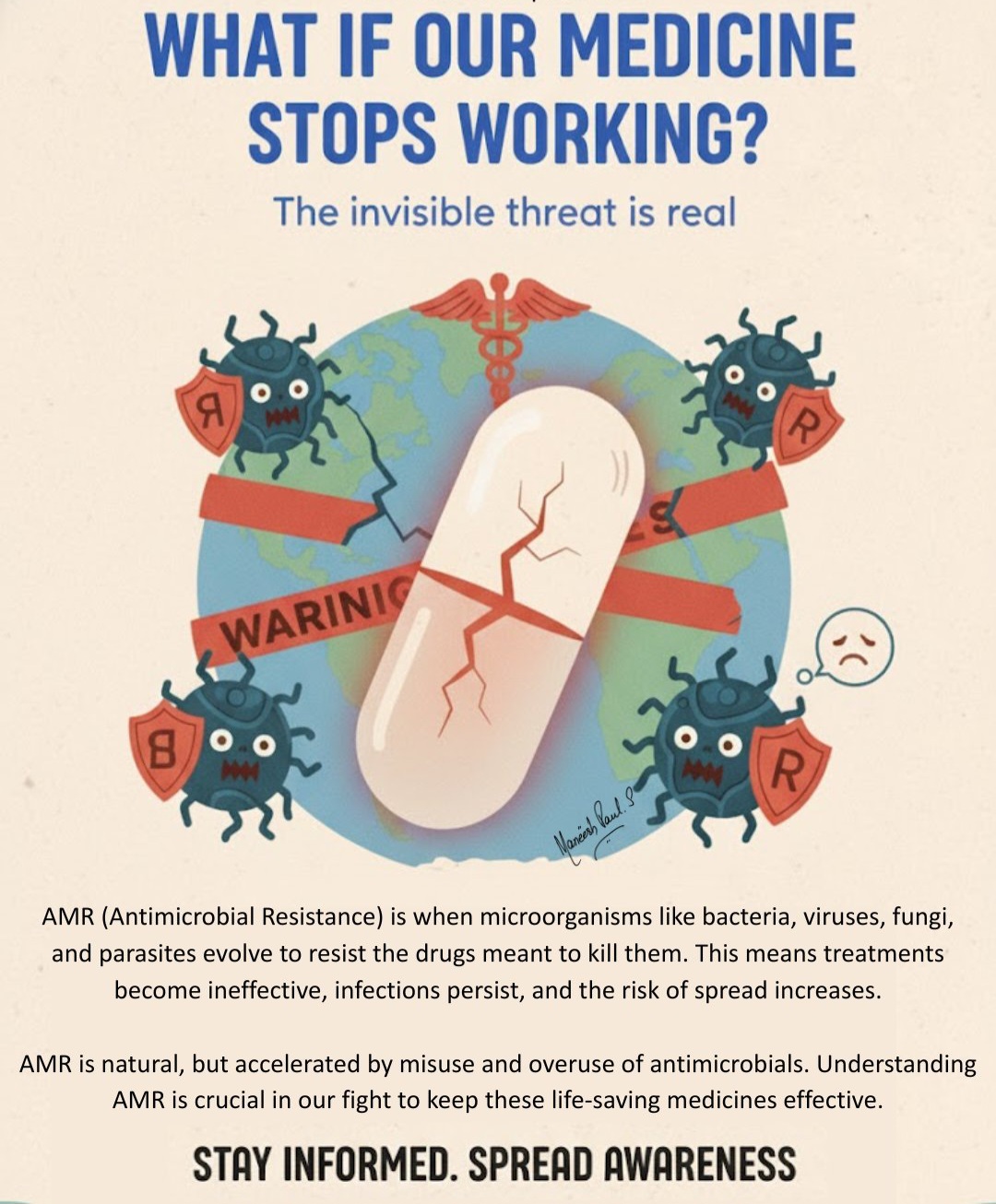•Pneumonia can be life threatening if left untreated.
•Treatment options for pneumonia vary depending on the causes (bacterial, viral, or fungal), the severity of the illness, and your overall health.
•Here’s an outline of the primary treatment options:
Antibiotics
1. Bacterial Pneumonia
•Antibiotics are the main treatment for bacterial pneumonia.
•The type of antibiotic prescribed depends on the bacteria suspected or confirmed to be causing the infection.
•Common Antibiotics that your doctor will prescribe are: Amoxicillin, azithromycin, doxycycline, or a combination of beta-lactam antibiotics with macrolides.
Hospital-Acquired Pneumonia
•You can get pneumonia from a hospital setting if you are admitted.
•More potent antibiotics or a combination of antibiotics may be used, especially if the you are suspected to have a resistant strain, such as MRSA (Methicillin-resistant Staphylococcus aureus).
•Treatment Duration: You should take the antibiotics for 5 to 14 days, but it can be longer for severe cases.
Antivirals:
•For Viral Pneumonia, antibiotics are ineffective against viruses, therefore antiviral medications may be used if your doctor has confirmed a viral infection.
•This mainly applies particularly in cases caused by influenza or COVID-19.
•Your doctor will prescribe Antiviral drugs like oseltamivir (Tamiflu), zanamivir or remdesivir may be used, often in combination with other treatments.
Supportive Care:
Oxygen Therapy
•If you have difficulty in breathing or low oxygen levels, supplemental oxygen can help ensure your body gets enough oxygen.
Fluids
•You should maintain adequate hydration. Intravenous (IV) fluids may be given in cases of severe dehydration or if you cannot drink fluids orally.
•Fever and Pain Management:You are given Antipyretics (e.g., panadol or ibuprofen) are used to reduce fever and manage pain.
•Cough Medications: help reduce your coughing and make breathing easier, though suppressing a productive cough is usually avoided because it helps clear mucus from the lungs.
Rest
•Adequate rest is essential to help your body recover from the infection.
Hospital Care:
Severe Cases.
•If you have severe pneumonia, or have an underlying health conditions, you may require hospitalization.
•In a hospital setting, more intensive care is available.
•Intravenous Antibiotics/Antivirals can be given if oral medications are insufficient or if you are too ill to take them orally, IV antibiotics or antivirals will be administered.
•Mechanical : In cases of severe respiratory distress or failure, mechanical ventilation may be necessary to support your breathing.
•Monitoring: your vital signs, oxygen levels, and overall condition is done to quickly and monitored to address any complications.
•ICU Admission: if you have an extremely severe pneumonia, especially when you develop septic shock or require advanced respiratory support, you may be treated in an intensive care unit (ICU).
Additional Therapies:
•Corticosteroids: Sometimes used to reduce lung inflammation in severe cases, especially in pneumonia caused by COVID-19.
•Bronchodilators: you may be prescribed these if there is associated bronchospasm (narrowing of the airways), particularly if you have asthma or COPD.
Rehabilitation and Follow-Up
•Pulmonary Rehabilitation: If you are recovering from severe pneumonia, pulmonary rehabilitation may help restore your lung function and strength.
•Follow-Up Care: you should follow-up with a healthcare provider to ensure the pneumonia has fully resolved and to manage any complications.
NOTE:
•All medications should be prescribed by your doctor. DO NOT self-medicate since you may not know what type of pneumonia you have.
•If given medications, make sure you finish the dose.











































































































